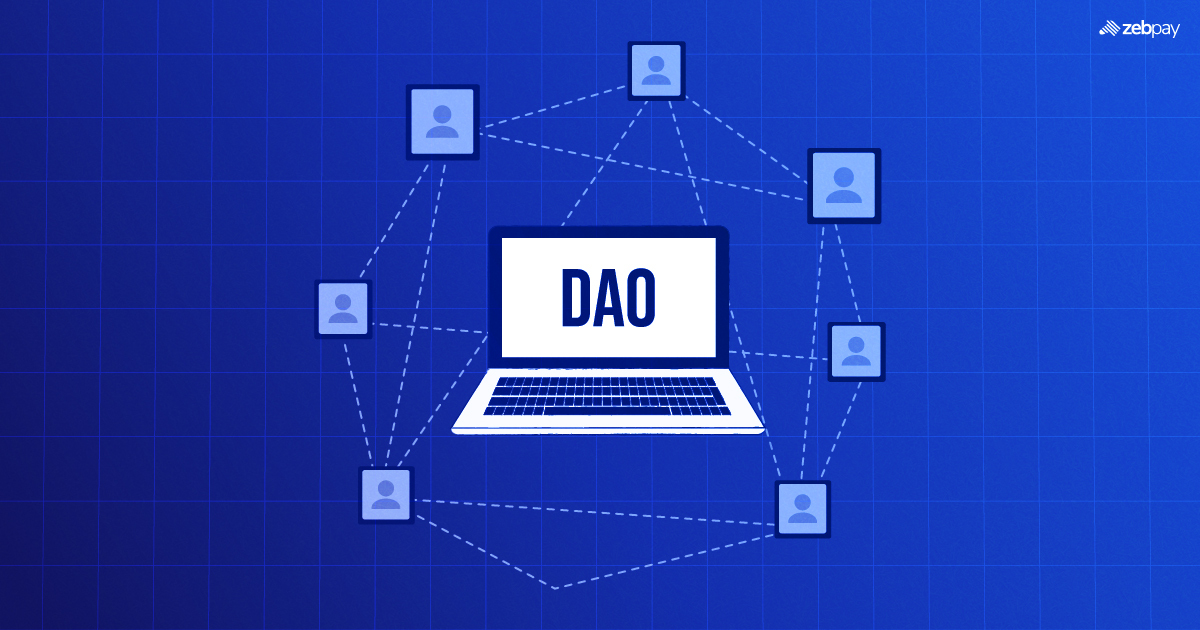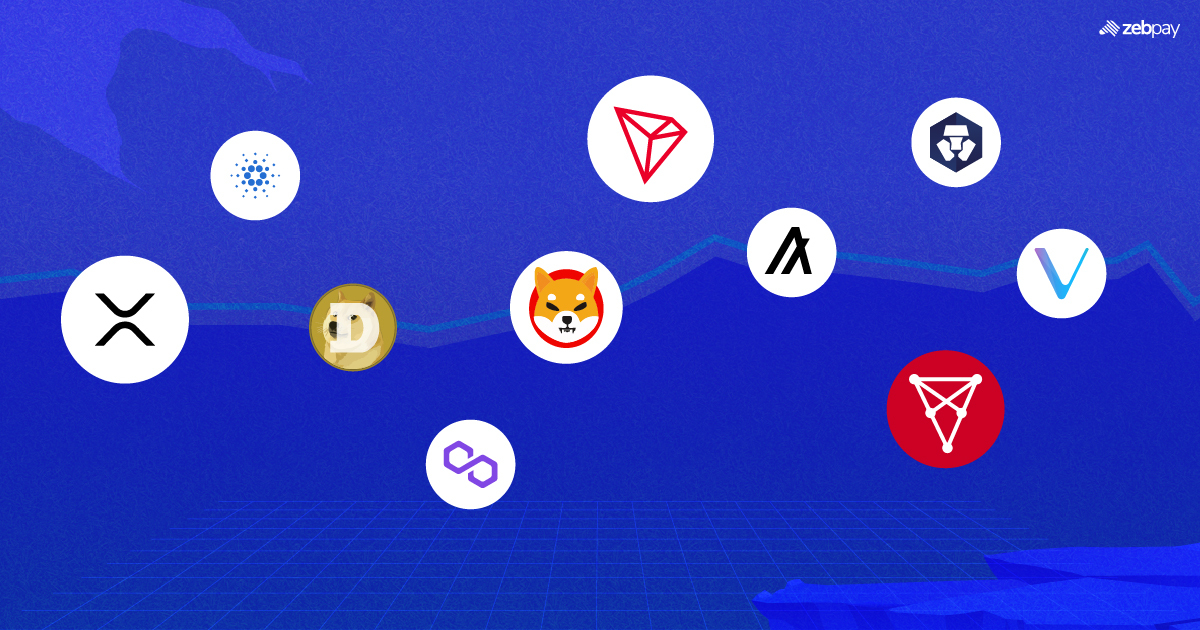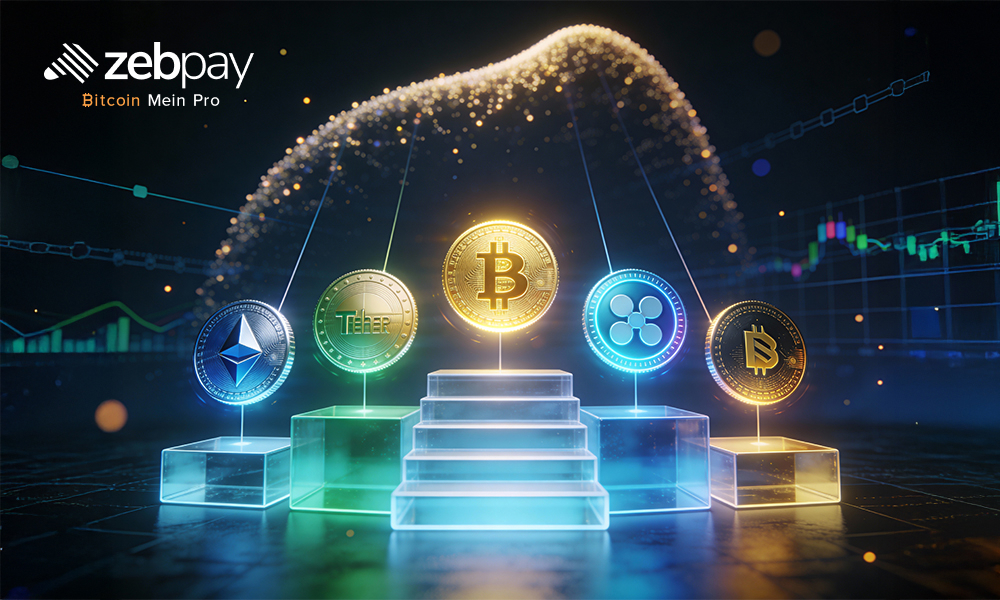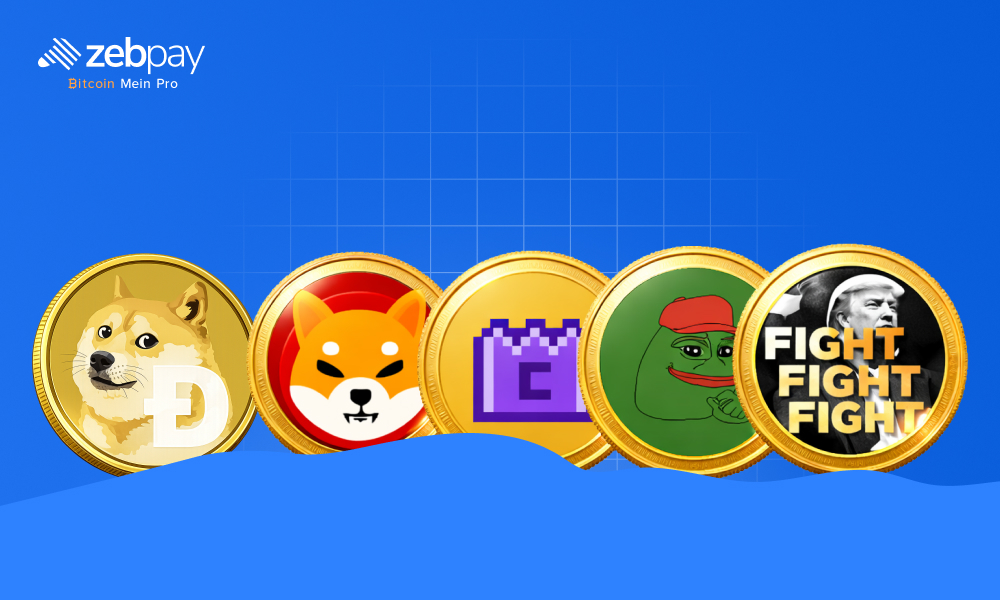There have been limited changes to how traditional organizations have run in the past century, but they are encountering many challenges today, such as fierce competition, disruptive technologies, and knowledgeable customers. Innovation is happening across industries, and traditional management might be inefficient to sustain this growth. Enterprises today might need to upgrade to a more modern system, such as decentralized autonomous organizations (DAOs). Not all might be ready for the change, and a question arises: which management style is better? This article will attempt to do a comparative study of DAOs and traditional organizations.
Defining DAOs and Traditional Organizations
DAOs are blockchain-based organizations that operate in a decentralised manner. Each member in a DAO has equal rights to decide the future direction. It employs Smart contracts to lay down its terms and conditions. A single centralized entity calls the shots in traditional organizations. Its policies and other vital decisions are not subject to voting in all cases. Its processes could be prone to human error.
Read more: What is DAO
Governance and Decision-Making Processes
Traditional organizations have a hierarchical structure for governance and decision-making processes. Those on top of the organization structure make all the vital decisions, and those below implement them. Such centralized governance structures have drawbacks, such as the fact that communication might not reach all levels and is comparatively slow. It also creates an environment for office politics to thrive.
DAOs have a decentralized structure, meaning there are no bosses or managers. Its members can interact with each other and have equal rights to vote on vital decisions. They employ Smart contracts to maximize efficiency without human intermediaries. Its terms are coded into Smart contracts, such as funding, voting rights, proposal planning, and transactions.
Unlike traditional organizations, DAOs are always open for members to have discussions. A lower-level employee faces many hurdles to reaching top management in conventional organizations. A majority have to agree on a decision to implement any changes in DAOs.
Ownership and Stakeholder Participation
DAOs are owned by their members who own native tokens to gain voting and ownership rights. Ownership in traditional organizations is centralized, and only a few individuals, such as the board of directors, have ownership and decision-making rights. They are similar in how they start, as the founder group has to make the first pitch. Entrepreneurs play this role in traditional organizations as they share their vision with a small management group to make it a reality. Similarly, a group in a DAO might seek benefit for its community by launching a new operation or system. These groups can become more influential and play a vital role in decision-making. Although DAO encourages all members to engage and participate in all activities, stakeholder participation can be concentrated within a group.
Transparency and Accountability
DAOs offer a secure and transparent platform that operates on blockchain technology. All DAO decisions are recorded on the blockchain, leading to greater accountability and transparency. Members will have to act responsibly, as all decisions are publicly viewable. Traditional organizations are not so transparent, as vital decisions are made behind closed doors.
Read more: What are Blockchain Layers
Flexibility and Adaptability
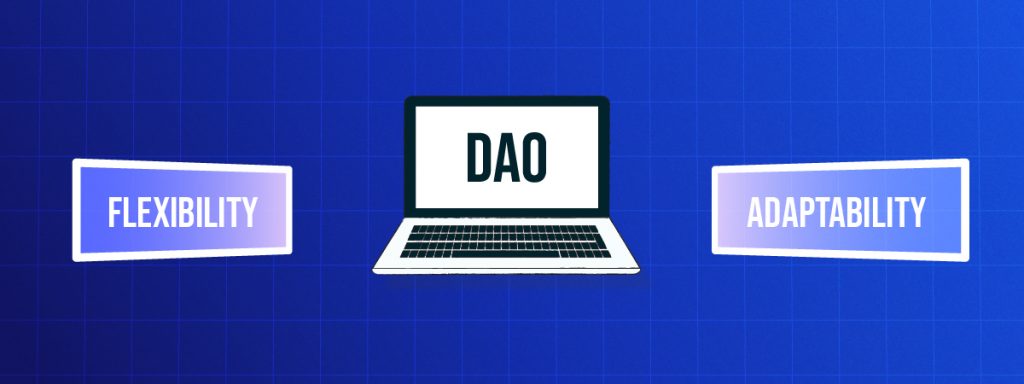
DAOs have a more flexible structure than traditional organizations due to their rules being coded in Smart contracts, which can be modified as needed. Changing processes in traditional organizations can prove to be time-consuming and complex, as even small decisions require multiple levels of approval. It is harder for conventional organizations to change without moulding the entire management structure. DAOs employ blockchains that are capable of making changes to their protocols through forks.
Trust and Security
DAOs operate in a trustless manner, and transactions are secure as every user can see all their activities in real time. Only trust in the DAO protocol is needed, not trust in other members. We have seen a rise in trust levels in modern businesses. It takes a lot of hard work by leaders in traditional organizations to earn trust, and it takes very little to lose it. It is nearly impossible to earn trust back again, but employees who trust their leaders can give extraordinary performances and be more engaged in traditional businesses.
All DAO members are actively involved in implementing security measures to protect the organizations against cyberattacks. These security measures include regular code audits and multi-factor authentication. Traditional organizations have a team that actively looks for threats and implements necessary security actions, but not all employees are involved.
Incentive Mechanisms
Most traditional organizations offer financial incentives to employees to encourage them. These incentives can satisfy the monetary needs of employees and can be given to an individual or group. The objective of these incentives is to boost the self-confidence of employees for better performance and productivity. While monetary needs are vital, traditional organizations often overlook social, emotional, and psychological needs. DAOs not only encourage members through monetary means but also offer other incentives such as:
- Time: DAOs pay users for the time they spend working for the organization, as it encourages members to create value. This concept is rare in traditional organizations.
- Governance: Each member has equal voting rights to decide on various DAO proposals.
- Market valuation: A token can be traded on crypto exchanges where its price is set through a supply and demand mechanism. This incentive can prove detrimental, as price drops can lead members to doubt their holdings and efforts in the organization.
- Community status: Status is vital for people, and owning a certain amount of tokens can create a sense of belonging. This incentive can be enhanced if members bring a proposal or initiative that benefits the organization.
Legal and Regulatory Considerations
One of the significant challenges facing DAOs is uncertain regulations. There are limited laws that define and regulate DAOs. Traditional frameworks are mainly intended for centralized organizations and are not suitable for decentralized entities. Overregulation can curb innovation and limit DAOs’ abilities to transform traditional industries. DAOs are likely to flourish and grow despite regulatory challenges. They have several advantages over conventional organizations, including greater accountability and transparency. More regulatory frameworks will emerge to support their growth as they become more mainstream.
Conclusion: Shaping the Future of Organizations
Traditional organizations and DAOs have their benefits and drawbacks. Traditional organizations offer stability, established decision-making actions, and well-defined leadership. DAOs offer autonomy, transparency, and decentralization for individuals and companies to adopt in their processes. This could result in new forms of work and a broader adoption of DAOs.
DAOs are a positive trend for the crypto industry, despite regulatory challenges. They offer a more democratic and transparent way of working and governing communities. They are almost in complete contrast to their traditional counterparts, as each has pros and cons. It remains to be seen if DAOs can completely replace traditional organizational structures. The most likely scenario would be that they would be adopted in a hybrid manner in the coming years.
To stay up to date with the latest crypto news, visit ZebPay blogs. Click on the button below to trade on ZebPay.

